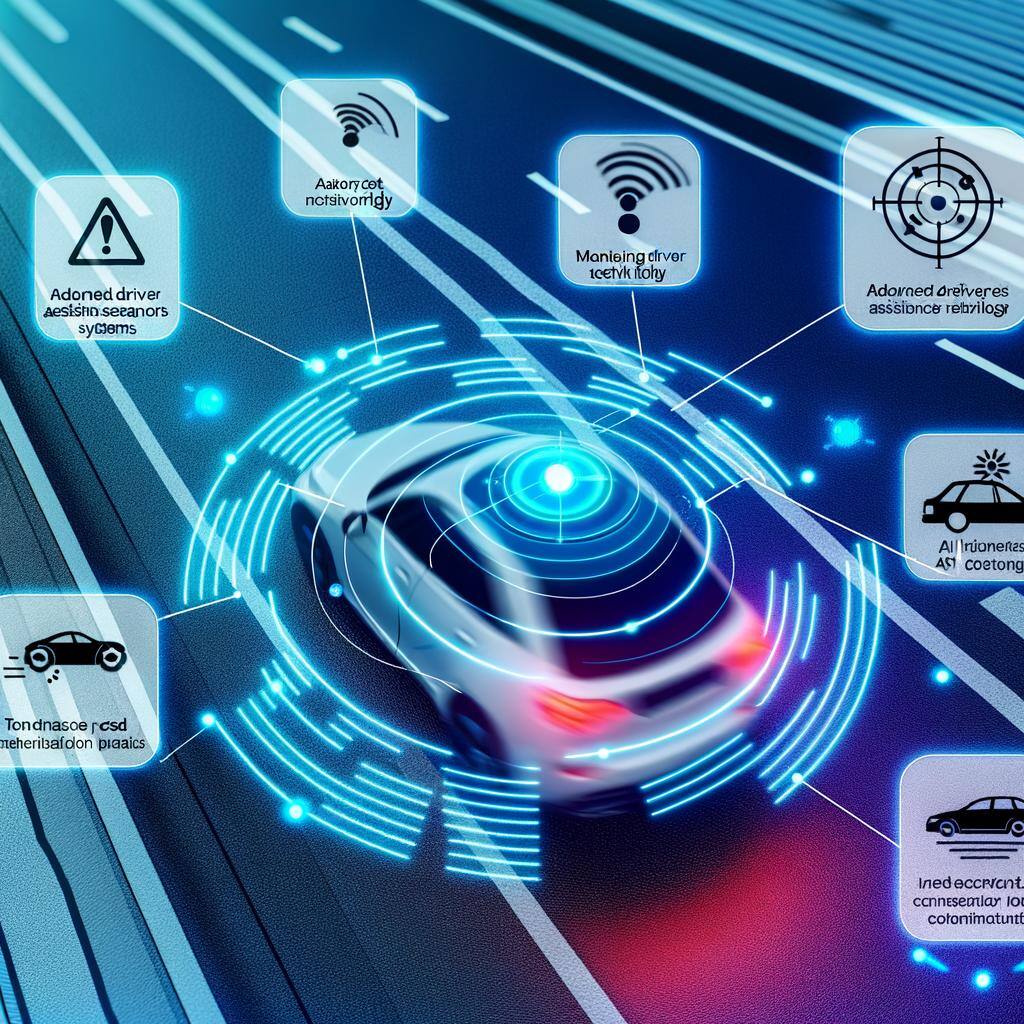AI Tech Hits the Road

AI is revolutionizing both fleet management and office operations by making them more automated and efficient. These days, most of us are familiar with the cutting-edge safety features in new cars. Advanced driver assistance systems leverage AI algorithms to detect potential dangers, provide real-time alerts to drivers, and even take corrective actions to prevent accidents. This technology significantly enhances the safety of both drivers and passengers by reducing the risk of accidents caused by human error.
One of the most groundbreaking applications of AI in transportation is the development of self-driving cars. While some consumers remain skeptical about the future of autonomous vehicles, it's important to note that these cars are already on the roads in Tokyo. However, they still require a human driver to take control in emergencies.
AI also excels in identifying underlying issues in vehicles, allowing for a proactive rather than reactive approach. Predictive maintenance powered by AI utilizes historical and real-time data to anticipate potential problems, enabling timely maintenance that prevents breakdowns and reduces downtime. This not only boosts safety but also offers significant cost savings for transportation companies.
In customer service, AI chatbots equipped with natural language processing can handle a variety of mundane tasks, answer customer inquiries, and provide a more personalized and engaging experience.
Telematics offers a wealth of information, and driver behavior analytics powered by AI can monitor and analyze aspects such as speeding, harsh acceleration or braking, and compliance with traffic rules. This data helps fleet managers promote safer driving habits, thereby improving road safety and reducing the risk of accidents and insurance costs.
Traffic congestion is a major issue for delivery vehicles and commuters alike. AI-driven traffic management systems analyze real-time data from sensors, traffic cameras, and GPS devices to optimize traffic flow. These smart systems can dynamically adjust signal timings and reroute vehicles, thereby reducing congestion and improving overall efficiency.
Real-time vehicle tracking provides invaluable insights into a fleet’s location, status, and condition. By integrating GPS data, sensors, and predictive analytics, businesses can optimize route planning, monitor fuel efficiency, and schedule maintenance proactively. This leads to enhanced fleet management, lower fuel costs, improved delivery timelines, and overall operational efficiency.
AI has also revolutionized inventory and warehouse management. AI-powered warehouse robots and machine learning algorithms enable businesses to predict demand, determine optimal stocking levels, and automate reorder processes more efficiently and accurately. This minimizes the risk of stockouts and overstock situations, enhancing supply chain efficiency, reducing costs, and improving customer satisfaction.
Finally, intelligent driver care systems use AI to focus on driver safety by monitoring behavior and road conditions that could pose risks. By analyzing factors such as fatigue, sleepiness, eye movement, head position, and driving behavior, these systems can alert drivers or take preventive measures like stopping the vehicle or switching to self-driving mode to ensure safety.
The July Issue of Oil & Energy Magazine features a full length article on AI on roadway applications - you can read that in full here if you would like more detail: AI Technology on the Road


